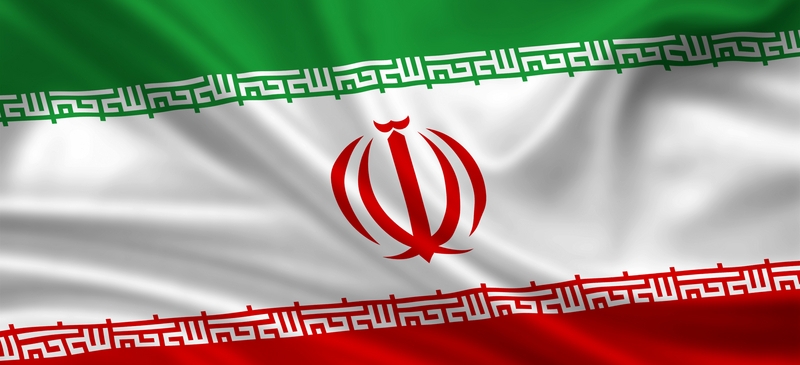
Iran nuclear deal: After the nuclear deal, Iran is our "frenemy"
Tuesday’s agreement on Iran’s nuclear programme is a momentous achievement, but only if it can be enforced and verified. Following the diplomatic deal in Vienna, Western governments should engage with Tehran, but also help to contain Iran’s growing influence in the region.
While Tehran celebrates the upcoming removal of international sanctions, its neighbours are anxious; they believe the deal leaves too much room for manoeuvre and are worried about Iran’s increasing regional influence. By freezing, rather than dismantling, most of Iran’s enrichment capability and reducing, not removing, its uranium stockpile the nuclear deal also gives the impression of being skewed in Iran’s favour.
A thorny dilemma presents itself: the sanctions regime worked – it brought Iran to the negotiating table – but once sanctions are lifted US and European leverage evaporates. Should Iran violate the agreement, it will be difficult to detect and even more difficult to respond to through a concerted international effort. The negotiators have created a complex mechanism which should allow sanctions to re-activate automatically after a violation. It looks promising on paper, but it is not clear whether this will work in practice.
Governments may be reluctant to address Iranian violations. Iran has the world’s fifth-largest proven oil reserves and the largest proven reserves of natural gas. Western investment worth tens of billions of dollars will flow into the thirsty energy sector.
A future pipeline connecting Iran’s gas fields to Turkey’s trans-Anatolian pipeline would also contribute to the EU’s energy security. Other sectors, like telecommunications, tourism and transport, equally stand to gain. The Vienna agreement stipulates that Europe will help Iran re-integrate into the global economy. In the absence of blatant Iranian violations of the nuclear agreement, European governments might favour protecting their commercial and energy interests over a unified transatlantic response to any ambiguous violation of the deal.
The West hopes that the nuclear deal will make Iran a constructive partner in the region. Iran could help fight the Islamic State in Iraq, get tough on its Syrian ally president Bashar al-Assad or withdraw support for the Houthi rebels in Yemen. These possibilities cannot be ruled out – and the West should explore these opportunities – but it is naïve to assume that Tehran will suddenly change its colours and stop pursuing its interests regionally.
Despite years of tough sanctions and economic stagnation, Iran is a rising power in the Middle East. Its population is young, well-educated and large; second only to Egypt in the region. It has a strong sense of national identity and culture; huge hydrocarbon reserves, and a regional network of allies and militant groups, such as Hezbollah. Iran’s influence in the region has only increased since the 2003 Iraq war; the nuclear deal will reinforce this trend.
Unshackled from the sanctions, Iran’s regional influence should instead be expected to increase.
This makes rivals like Saudi Arabia, Israel and Egypt very nervous. Instead of hoping that Iran becomes a friend, Western governments should make sure Tehran keeps its end of the deal, and help contain a further expansion of Iranian power in the Middle East. The West should provide enough resources to spy on Iranian nuclear facilities, and improve the ability of Gulf countries to militarily stand up to Iran.
A further, ugly consequence of a nuclear deal is that it may encourage Arab countries to seek the same nuclear technology that Iran has. The agreement legitimises Tehran’s right to uranium enrichment. Saudi Arabia has said it wants a nuclear fuel cycle too. An agreement meant to avoid the spread of nuclear technologies, may do just that.
After the deal, Iran is now our "frenemy".
